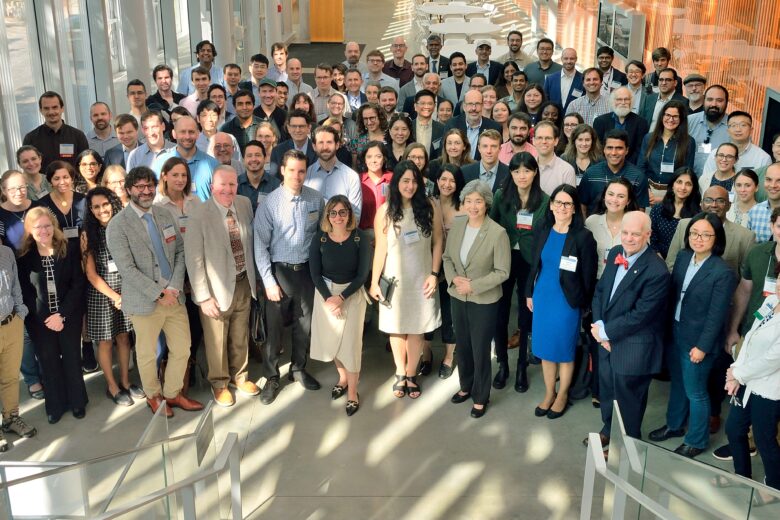
The 30th Anniversary Grainger Foundation Frontiers of Engineering Symposium (FOE), hosted by the University of Pennsylvania, took place from September 14 through 17, 2025 at … Read More ›

The 30th Anniversary Grainger Foundation Frontiers of Engineering Symposium (FOE), hosted by the University of Pennsylvania, took place from September 14 through 17, 2025 at … Read More ›

When he enrolled at Dartmouth, Pranam Chatterjee, Assistant Professor and Africk-Lesley Distinguished Scholar of Innovation in Engineering with a joint appointment in Bioengineering (BE) and … Read More ›
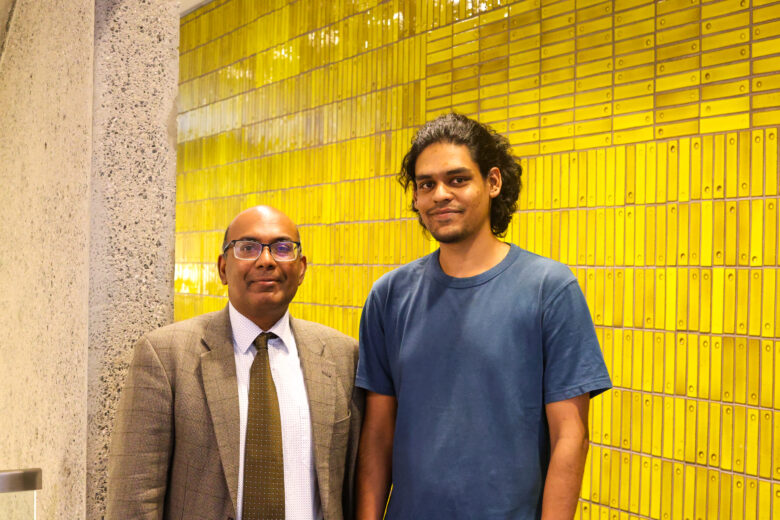
When Ph.D. student Kshitiz Parihar began combing through dozens of research papers on two seemingly different topics — tumor mechanics and extracellular vesicles, tiny packages … Read More ›
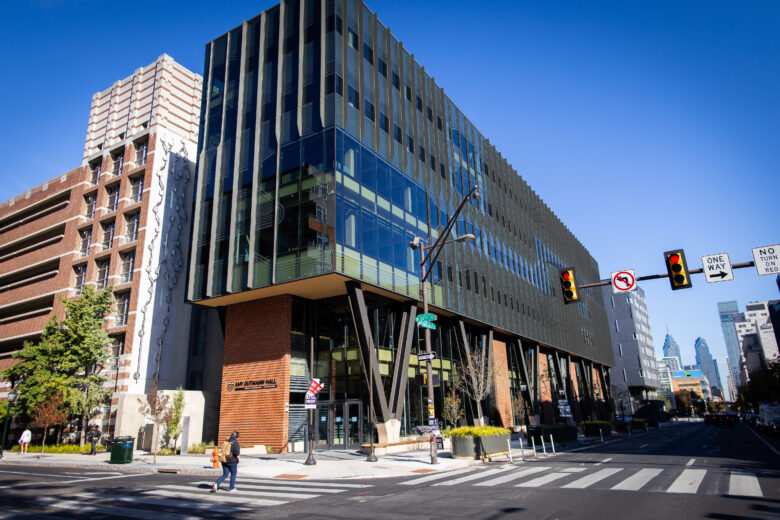
The University of Pennsylvania’s newest LEED-certified building projects include the Vagelos Laboratory for Energy Science and Technology (VLEST) which earned a LEED Platinum, Amy Gutmann Hall which was awarded … Read More ›
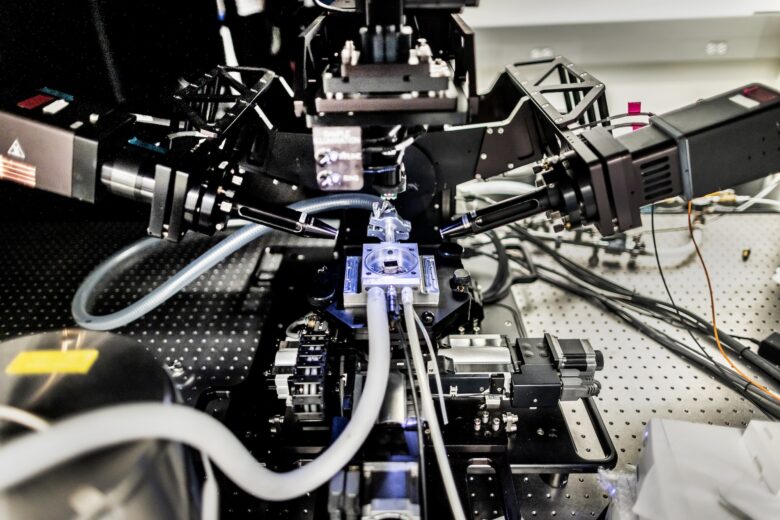
Two decades ago, scientists peeled away layers from graphite, the soft carbon in pencil tips, to isolate a single atomic sheet known as graphene—the first … Read More ›
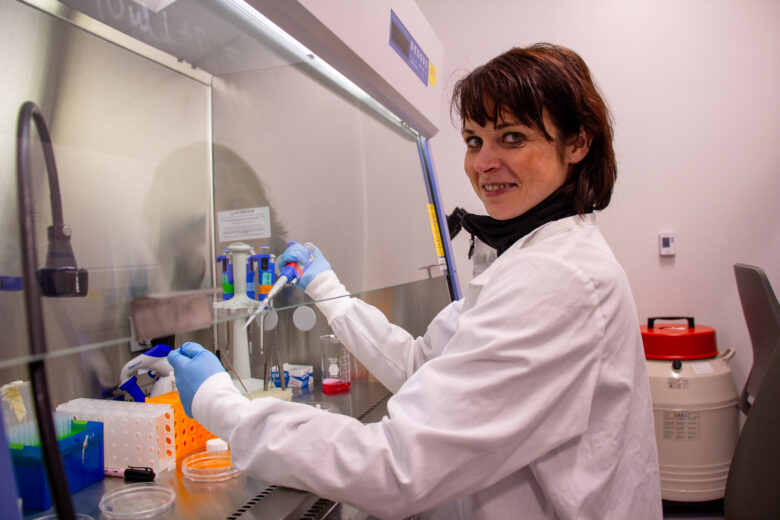
Fibrosis of the lungs is often a silent disease until it’s too late. By the time patients are diagnosed, the scarring of their lung tissue … Read More ›

In the midst of the complicated landscape of energy, economics, and environmental policy, third-year Mechanical Engineering and Applied Mechanics (MEAM) student Ngaatendwe Manyika is helping to … Read More ›

What if generative AI could design life-saving antibiotics, not just art and text? In a new Cell Biomaterials paper, Penn researchers introduce AMP-Diffusion, a generative … Read More ›

In a first-of-its-kind experiment, engineers at the University of Pennsylvania brought quantum networking out of the lab and onto commercial fiber-optic cables using the same … Read More ›

When Eva Dyer, Rachleff Associate Professor in Bioengineering and in Computer and Information Science, talks about the brain, she doesn’t just talk like a neuroscientist. … Read More ›